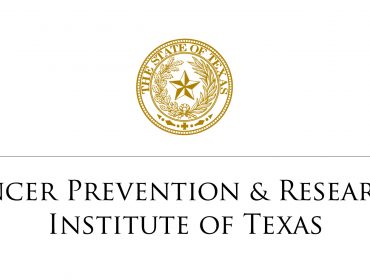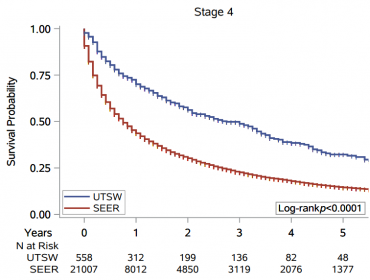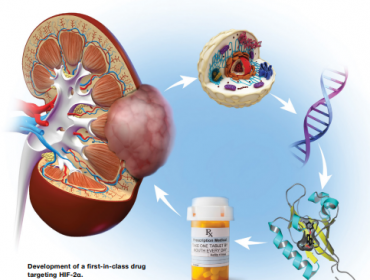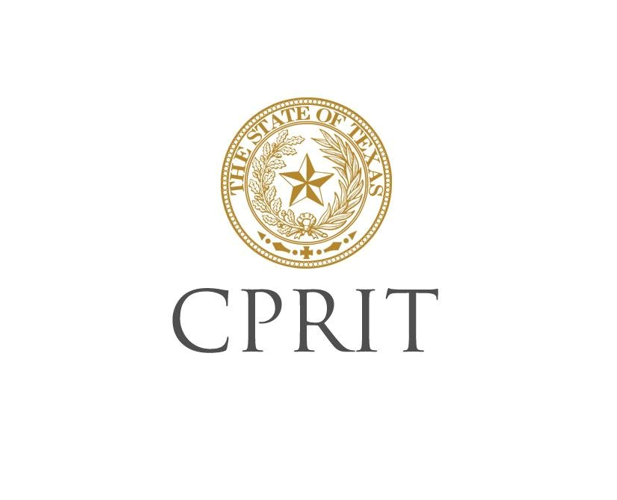
Dr. James Brugarolas Awarded ~1.2 Million from CPRIT Grant
The Cancer Prevention Research Institute of Texas (CPRIT) has awarded nearly $1.2 million to Dr. James Brugarolas, founding Director of the Kidney Cancer Program at UTSW. This funding will support his research into translocation renal cell carcinoma (tRCC), a rare and aggressive form of kidney cancer that primarily affects children and young adults.
tRCC remains poorly understood due to its rarity, and a lack of suitable models has hindered progress in developing effective treatments. The Brugarolas Lab recently developed a mouse model that replicates the human disease, providing a critical tool for further study. With this CPRIT grant, they will conduct mechanistic studies using the UTSW transgenic mouse core, led by Dr. Robert Hammer, and collaborate with Dr. Ben Sabari to explore potential drug therapies.
This research could lead to key insights into tRCC biology and lay the foundation for new treatment strategies, offering hope for patients with this challenging disease.
Read more about the award here.

Three UTSW Researchers Receive Kidney Cancer Research Program Awards
- Dr. Jun Fang from Dr. Qing Zhang’s lab was recognized for her work on HIF-2α regulation in ccRCC. Her research focuses on Suppressor of Cytokine Signaling 3 (SOCS3) and its role in controlling HIF-2α through the JAK-STAT pathway. Her findings could lead to alternative treatment options for patients resistant to current HIF-2α inhibitors like Belzutifan.
- Dr. Arijit Mal from Dr. James Brugarolas’ lab received funding for his research on hypercalcemia in clear cell renal cell carcinoma (ccRCC). His project aims to uncover how HIF2α selectively regulates PTHrP.
- Dr. Tao “Dylan” Wang, also from Dr. Zhang’s lab, received this funding for his research using CRISPR screening to identify oncogenic enhancers in ccRCC. His work highlights a novel PLXNA1 gene enhancer that drives tumor growth, with potential therapeutic implications for targeting ccRCC at the epigenetic level.

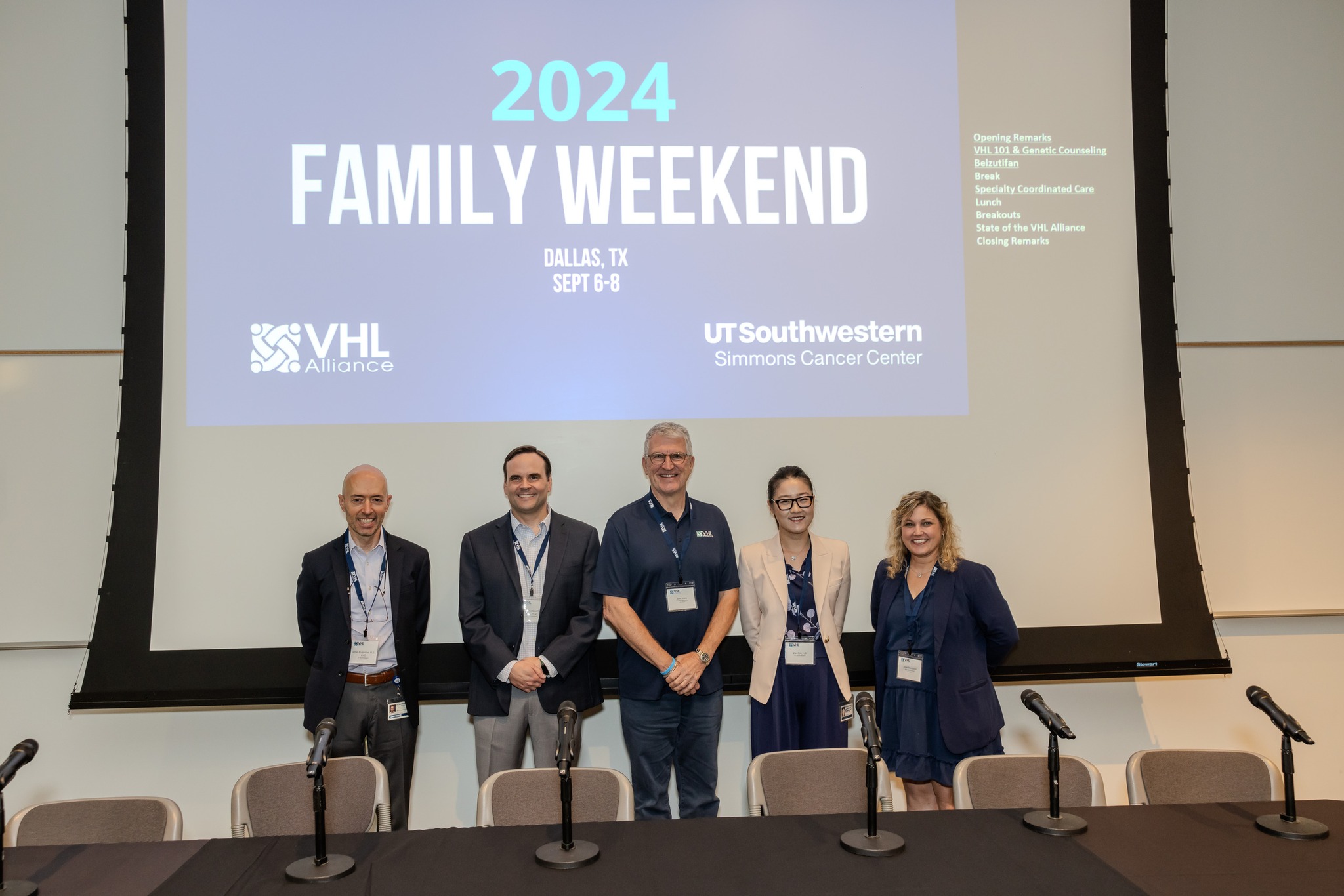
UTSW Hosts VHL Family Weekend with Expert Insights from Dr. Brugarolas
UT Southwestern hosted the 2024 VHL Family Weekend on September 7, bringing together families, patients, and experts for a day of connection, learning, and collaboration.
Dr. James Brugarolas participated in a panel discussion alongside other VHL specialists to discuss Belzutifan, the recently FDA-approved drug for treating renal cell carcinoma in VHL patients. The event also featured interactive workshops, expert presentations, and opportunities to connect with the VHL community.
Beyond the sessions, attendees enjoyed family-friendly activities and the chance to explore Dallas. The weekend highlighted UTSW’s ongoing commitment to advancing VHL research and patient care.

Eight Researchers Awarded Funding from SPORE for Innovative Kidney Cancer Research
The University of Texas Southwestern Medical Center (UTSW) has awarded eight researchers with prestigious SPORE subawards to advance the field of kidney cancer research. This competitive program is part of the larger Specialized Programs of Research Excellence (SPORE) grant and is designed to support innovative studies through two key initiatives: the Career Enhancement Program (CEP) and the Developmental Research Program (DRP). The CEP aims to bolster junior faculty and seasoned investigators transitioning into kidney cancer research, while the DRP funds high-risk, high-reward projects with significant translational potential. The selected researchers will explore a range of critical areas including cellular signaling pathways, epigenetics, tumor-stroma interactions, and more, with the goal of advancing understanding and treatment of kidney cancer.
Below are the eight awardees along with an overview of their research.
DRP Awardees:

“Our research focuses on understanding the molecular mechanisms that govern metabolism in cancer and related disorders. This work seeks to uncover how dietary nucleotides fuel kidney cancer growth. Our goal is to identify novel approaches to manipulate nucleotide availability to impede cancer progression.”

“The proposed research explores a novel mechanism by which Hippo signaling regulates ccRCC tumor growth and investigates the potential for targeting the Hippo pathway for ccRCC treatment.”

“The project’s goal is to test the hypothesis that differential enhancer landscapes and 3D genome organization are major determinants of clinical outcomes in PBRM1-deficient and BAP1-deficient ccRCC.”

“In our proposal we will develop a kidney-cancer-specific multiplexed imaging pipeline (based on CODEX) to identify different cell types in patient tissue. This will serve as a valuable resource for the kidney cancer community to explore how the spatial organization of the microenvironment impacts tumor biology.”

“Based on research developed at UTSW, HIF2 inhibitors have been recently approved by the FDA as a new drug class for the treatment of HIF2-driven kidney cancers. Since these HIF2 inhibitors have sub-optimal efficacy in certain clinical contexts, we propose to develop proteolysis targeting chimeras (PROTACs) as targeted degraders of HIF2 to address the unmet need for superior HIF2-targeted drugs.”

“This study aims to generate next-generation IL-2-based immunocytokines as a new paradigm for kidney cancer treatment. We will utilize protein engineering to enhance IL-2-mediated antitumor efficacy in the acidic immunosuppressive tumor microenvironment of Renal Cell Carcinoma, and investigate their activity and toxicity in the autologous humanized mouse models of RCC, as well as dissect resistance mechanisms to immunotherapy.”
CEP Awardees:

“The Jewell Lab studies how organisms detect environmental nutrient changes and adjust anabolic and catabolic processes to regulate cell growth, metabolism, and autophagy.”





